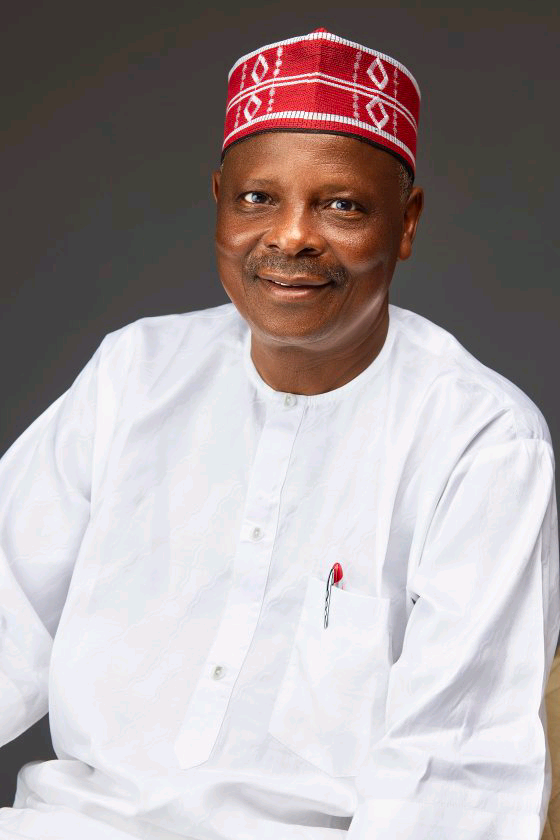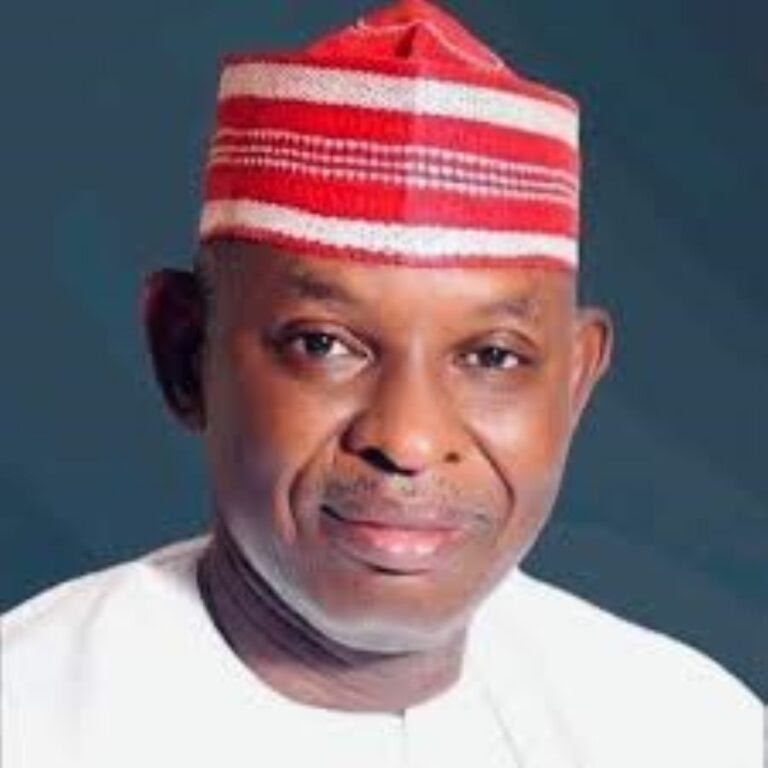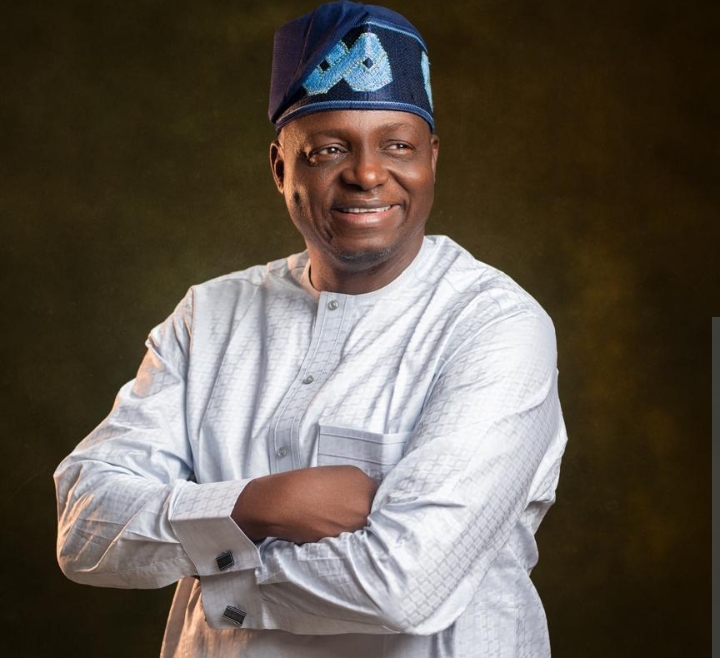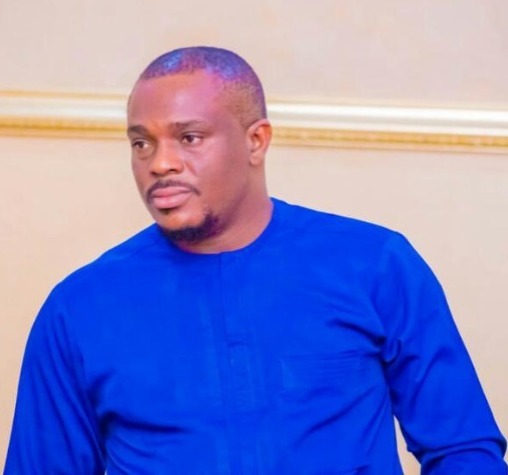By Lamara Garba-Azare
As Kwankwaso turns 69, President Tinubu, Governor Abba Kabir Yusuf, and millions of admirers celebrate a statesman whose red cap has become a national metaphor for discipline, courage, and hope._
Some men pass through life quietly, leaving behind faint traces of their existence. Others live in a way that their names become chapters in the story of their nation. His Excellency, Engr. Dr. Rabi’u Musa Kwankwaso, FNSE, belongs firmly to the latter.
At sixty-nine, Kwankwaso is not merely growing older; he is growing deeper — in thought, in purpose, and in legacy. His life, defined by service and guided by conscience, stands as a luminous example in an era when public leadership is often dimmed by greed and inconsistency.
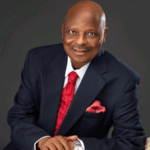
In the ever-shifting landscape of Nigerian politics, where principles often bow to convenience, Kwankwaso remains a study in discipline and self-belief. His political story is that of a man who has refused to trade conviction for comfort. From his early days as Deputy Speaker of the House of Representatives to his transformative years as Governor of Kano State, and later as Minister of Defence and Senator of the Federal Republic, he has walked the difficult road of service with humility, courage, and purpose.
President Bola Ahmed Tinubu, in his special birthday message, captured this legacy with rare candour. The President commended Senator Kwankwaso’s “record of public service and contributions across various leadership roles spanning decades,” noting that “the former Deputy Speaker of the House of Representatives, two-term governor, former Minister of Defence, and Senator representing Kano Central has left a distinct mark on national development through his commitment to public good.”
President Tinubu further described him as a “friend and ally” whose “growing political influence in Northern Nigeria, particularly in Kano, reflects a brand of pro-people politics reminiscent of the legacy of late statesmen such as Aminu Kano and Abubakar Rimi.” In the President’s words, though Kwankwaso later left the APC to found the New Nigeria Peoples Party (NNPP), “he remains within the progressive fold,” united by shared ideals for a better nation.
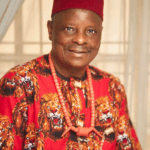
Such words from a sitting President to an opposition figure reflect not just political maturity but the magnitude of Kwankwaso’s influence — an enduring reminder that true leadership transcends party lines and personal differences.
Kwankwaso’s engineering background shaped his approach to governance — practical, deliberate, and results-driven. He governed with the mind of a builder, constructing not just bridges and classrooms, but human capacity. His passion for education went beyond rhetoric; it became his governing philosophy. He believed that every child, regardless of background, deserved access to quality learning. Under his leadership, thousands of Kano youths were sent on scholarships to study across Nigeria and abroad. He transformed public schools, revived technical education, and created institutions that became engines of opportunity for the poor.
His red cap — now a powerful emblem of the Kwankwasiyya movement — symbolizes not vanity, but virtue. It represents discipline, justice, and social responsibility. To the countless followers who wear it with pride, it is a reminder that politics can be a noble pursuit — that power, when guided by conscience, can uplift rather than oppress.
Kwankwasiyya is more than a political group; it is a philosophy. It teaches that leadership is a duty of care, not a license for privilege; that education is the ladder of liberation; and that governance is meaningful only when it reflects empathy for the people. In a nation weary of slogans, Kwankwaso built a system — a moral and ideological structure — rooted in self-reliance, humility, and public service. His red-cap disciples cut across generations and classes: from professors to farmers, from students to civil servants. They see in him not just a politician but a teacher, a mentor, and a moral compass.
One of the greatest testimonies to this enduring mentorship came from Governor Abba Kabir Yusuf, who described Kwankwaso as “my mentor forever.” In a heartfelt message marking the birthday, the Governor said:
> “His Excellency, Senator Rabi’u Musa Kwankwaso, remains my lifelong mentor — the man who taught us that leadership is about sacrifice, not privilege. His vision built modern Kano, and his discipline shaped the conscience of a generation.”
That declaration captures the essence of Kwankwasiyya — a relationship between leader and disciple built not on blind loyalty, but on shared ideals and unbroken faith in service to humanity.
Kwankwaso’s style of leadership has inspired a new culture of governance — one that prizes discipline, prudence, and accountability. He proved that government can work when driven by sincerity and guided by purpose. Beyond Kano, his influence resonates across Nigeria’s political spectrum. He has become a national figure whose opinions are weighed with seriousness and whose interventions often carry the tone of fairness and foresight.
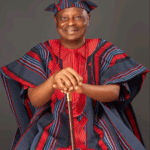
He has consistently spoken for equity among the regions, for justice in governance, and for the centrality of youth empowerment in building a stable and prosperous Nigeria. His voice remains that of reason — calm but firm, passionate yet balanced. Whether as governor, minister, or opposition leader, Kwankwaso’s commitment to Nigeria’s unity and progress has never wavered. His brand of politics is built on inclusion, merit, and empathy — a rare blend in the country’s often divisive climate.
Through his scholarship and empowerment initiatives, he has raised a generation of young Nigerians — many of whom now serve as professionals, academics, administrators, and political leaders. His mentorship model blends discipline with compassion, demanding excellence while nurturing confidence. To his mentees, Kwankwaso is more than a political leader; he is a father figure — a symbol of hope in a nation where idealism often dies young. He reminds them that politics, when pursued with sincerity, can still be a force for good.
In a country where politicians are easily swayed by convenience, Kwankwaso stands out for his consistency. He is one of the few who have never abandoned their principles, no matter the political weather. His courage in the face of adversity, his willingness to speak truth to power, and his refusal to be defined by temporary alliances mark him as a true statesman. Behind his firmness lies a heart of deep compassion. Those close to him speak of his quiet generosity, his sensitivity to the struggles of ordinary people, and his personal simplicity despite the grandeur of his achievements.
Kano wears his legacy proudly — from the schools he built to the moral discipline he inspired in governance. The red cap has become more than attire; it is now a metaphor for hope, diligence, and service. Generations will look back and see in Kwankwaso’s journey the story of a man who turned politics into an act of conscience.
As he marks his 69th birthday, Nigerians celebrate not only a life of remarkable achievement but also an enduring idea — that leadership can be both firm and fair, that politics can be both passionate and principled, and that power can serve the people without enslaving them.
Kwankwaso remains, in the truest sense, the people’s engineer — a man who continues to build not just structures but society; not just followers, but thinkers; not just roads, but moral paths for future leaders to tread.
May Almighty Allah continue to bless him with wisdom, strength, and peace. May his red cap remain a living symbol of service and conscience in the nation’s ongoing story.
Happy 69th Birthday, Your Excellency — Engr. Dr. Rabi’u Musa Kwankwaso, FNSE.
By: Lamara Garba Azare, a Public Affairs Analyst, writes from Kano

